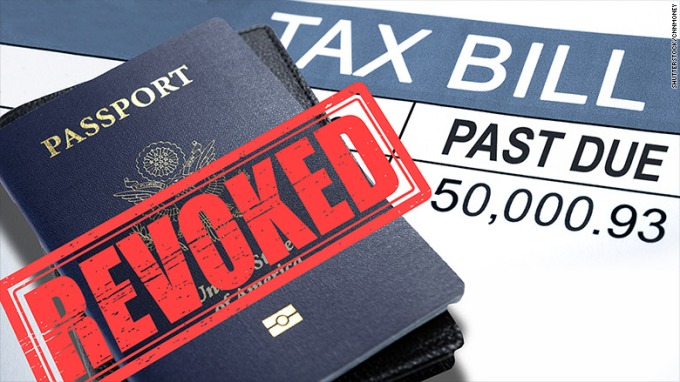A new tax lien policy recently approved by the IRS gives hope to many taxpayers plagued by the stigmas long attached to their negative credit reports. In this article, we’ll discuss how to remove tax lien from credit reports.
IRS TAX PROBLEMS? Get Affordable Tax Help
(800)790-8574
BBB A+ Accredited Business – Serving All 50 States.
New Tax Lien Policy
It’s a well-known fact that federal tax liens have a habit of sticking around on credit reports like the inevitable albatross around debtors’ necks for the entire time it takes to pay off the loan, plus an additional seven year penance (thank you Fair Credit Reporting Act!). Purgatory some may say, others indentured servitude, but the awful reality is they have been here to stay, no matter what way one looks at it.
Enter the new policy recently passed, announcing that federal tax liens are now approved for removal and will be erased from credit reports faster than any other detrimental issue. How? The process by which the IRS has termed “withdrawal.” Withdrawal occurs when the taxpayer’s lien is paid in full, OR the taxpayer signs up for a payment program that is scheduled for periodic installments until the account is up to date and closed.
How To Remove Tax Liens From Credit Reports?
Either of these scenarios can now result in the IRS formally withdrawing a tax lien, along with the stigma mark on one’s credit report. In order to achieve this, the taxpayer must make a formal request to the IRS (using IRS Form 12277, also known as Application for Withdrawal of Filed Form 668(y), Notice of Federal Lien). Once this request is filed, the IRS will return a form 10916(c), which is the magic word to open the door to cleared credit.
It is important to note that this new policy does not include tax liens held at the state levels. These liens will still be evident on your credit reports. Also not subject to complete withdrawal are tax settlements. Such settlements, commonly called “offers in compromise,” are present when a taxpayer and the IRS settle on terms of a lien where less than what is actually owed is considered adequate payment. Due to this not being an exact repayment in full, the IRS grants what they call a “release” rather than an actual withdrawal. As such, unfortunately, the credit report will still show such releases for a full seven years after the date paid.
A Win-Win
On all counts, it seems that this new policy is a win-win situation. The IRS benefits because debtors who may have normally attempted to settle their debts may now be more willing to step up to the plate to pay, since now such actions could help their credit. The taxpayers, obviously, reap the reward of having not having a black cloud of doom hanging over their credit reports when applying for credit in the future.
We are tax relief experts specializing in IRS back tax help, Installment Agreements, tax lien help, wage garnishment release, IRS Offer in Compromises and a whole lot more. Get a free consultation from an experienced tax relief expert today (800)790-8574 or visit www.advancetaxrelief.com
Other Ways to connect with us:
https://plus.google.com/+ADVANCETAXRELIEFLLCHouston

